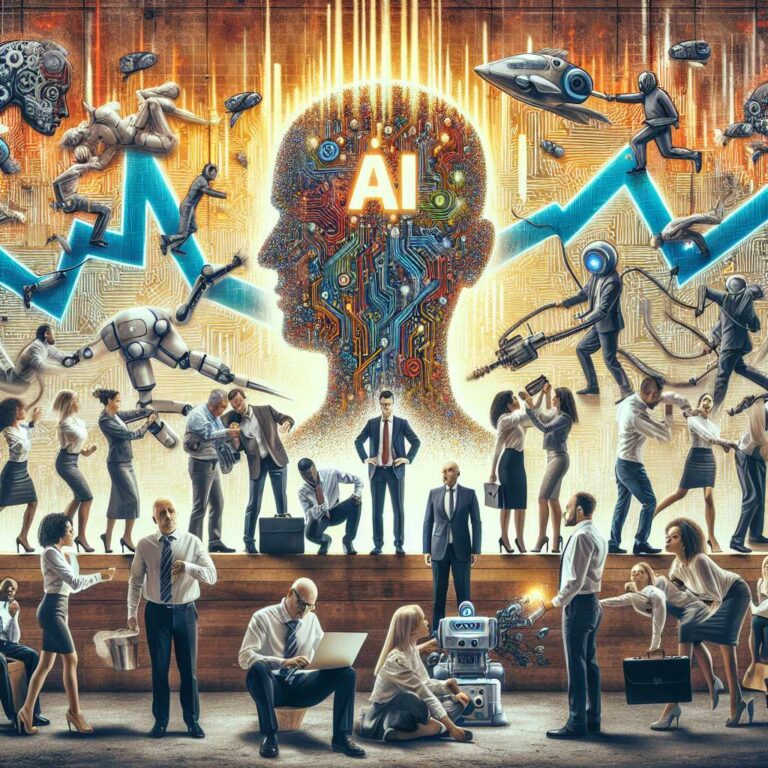Companies are pouring billions into Artificial Intelligence tools, but many employees are quietly resisting them. The phenomenon, dubbed job hugging, describes workers clinging to familiar processes in hopes of protecting their roles and professional identity. A survey by presentation software maker Beautiful.ai found that 64% of managers believe employees fear Artificial Intelligence will make them less valuable at work, while 53% of employees admit hiding their Artificial Intelligence use from employers to avoid seeming replaceable.
Job hugging is not about laziness, it is about perceived security. Research from resume platform Resume Builder indicates nearly half of workers are choosing stability over mobility, with 77% worried Artificial Intelligence will make it harder to get a job. “The combination of a soft job market, economic uncertainty and the impact of tariffs has slowed hiring, leaving many workers reluctant to make a move,” said Resume Builder chief career advisor Stacie Haller. “Added to this is the growing fear that Artificial Intelligence could replace jobs.” Ryan Zhang, CEO of transcription platform Notta, added that employees are “protecting what they perceive as their professional identity,” and that when Artificial Intelligence can do parts of their job faster, it can feel like an attack on their expertise rather than an enhancement.
The costs are mounting. Workers who use Artificial Intelligence save an estimated 5.4% of work hours, or about 2.2 hours per week, gains that job huggers forfeit entirely. In software development, programmers using Artificial Intelligence complete 126% more projects per week than those who do not, putting resistant teams at a competitive disadvantage. The talent market is also shifting, with nearly 3 in 5 executives actively seeking roles at companies that are more innovative with Artificial Intelligence.
Adoption challenges are often human, not technical. A Boston Consulting Group study reported that nearly three quarters of companies struggle to achieve and scale value from Artificial Intelligence, primarily due to human resistance. Among 4,500 workers surveyed, 33% want Artificial Intelligence banned from the workplace. Anxiety rises with transformation maturity as well, with 46% of employees at organizations undergoing comprehensive Artificial Intelligence efforts worried about job security, compared with 34% at less advanced companies.
Leaders can counter job hugging by modeling usage and communicating plans, starting with real team pain points, and celebrating quick wins. Employees can build confidence by starting small, such as using Artificial Intelligence to summarize notes or proofread emails, partnering with an experienced colleague, and tracking time saved. The bottom line, according to the article, is that Artificial Intelligence leaders achieve 1.5 times more revenue growth and 1.6 times greater shareholder returns than peers. Around 70% of implementation obstacles stem from people and processes, with only 10% tied to algorithms. Winning the value from Artificial Intelligence depends less on more advanced tools and more on effective change management.

